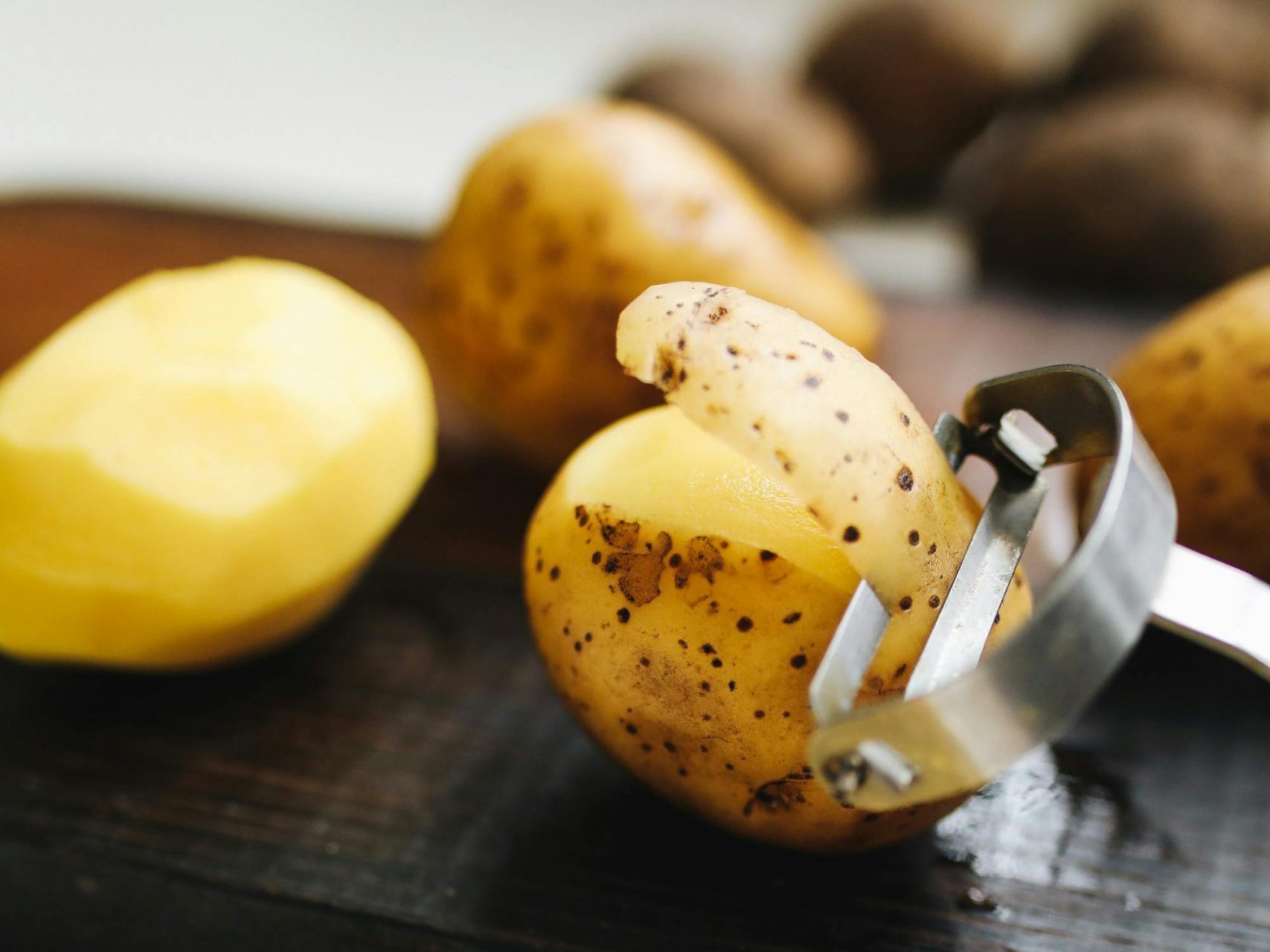Solanine in Potatoes: The Underestimated Risk in the Peel

Most of us know that apples with skin are particularly rich in vitamins. But beware: with potatoes, nutrition experts advise the exact opposite! Yes, you heard right. The skin, which we so often carelessly peel away (or sometimes even eat!), holds a little secret that you should know about.
This is Solanine, and Here's Why You Should Know About It!
The main reason for this surprising recommendation is a natural substance called solanine. Don't panic, it's not a lab-made chemical, but a defense mechanism of the plant against predators. Potatoes belong to the so-called nightshade family, and they produce solanine primarily where they feel most vulnerable: in the skin, in the sprouts, and in unsightly green spots. By peeling the potato, you not only remove dirt but also a large portion of this substance. An expert from the Consumer Center of Bavaria confirms: Peeling is the key!
How Much Solanine is Really Dangerous?
Okay, but how dangerous is solanine really? Before you dispose of all your potatoes: The Federal Center for Nutrition gives the all-clear. Normally grown potatoes usually contain less than 100 milligrams of solanine per kilogram. Poisoning only occurs at a concentration of one milligram of solanine per kilogram of body weight. This means an adult would have to consume over ten servings of boiled potatoes a day to be at risk. If you do consume too much, stomach discomfort, nausea, and diarrhea can occur. In rare, very severe cases, circulatory problems or nerve damage are possible.
When You Could Still Eat the Peel (and When Not!)
You love boiled potatoes and don't want to give them up? There are exceptions! If you want to eat the peel, you should only use unblemished, fresh potatoes, advises the Federal Institute for Risk Assessment. An absolute no-go are green spots or sprouts, which you should definitely cut out generously. When in doubt: Better to dispose of the whole potato. And very important: Small children should generally not eat unpeeled potatoes. Their small bodies are more sensitive to solanine.
Your Insider Tips for Buying and Storing Potatoes
To ensure your potatoes don't become solanine traps, proper storage is key! Light and warmth cause the tubers to turn green quickly and increase the solanine content. So, store them in a dark, cool, and dry place. You can also take precautions when shopping: Opt for potatoes in paper or jute bags instead of transparent plastic bags, as these better protect against light exposure. And an extra tip: German organic potatoes are not only more environmentally friendly but also safer, as chemical sprout inhibitors are taboo here. Prefer local produce over imports from distant countries.
The Golden Rule for All Potato Fans
At the end of the day, the rule is: If you want to be on the safe side, peel your potatoes—whether before or after cooking. And the cooking water? It's better to pour it away and not use it further. Solanine also dissolves in water, and you don't want to accidentally ingest it again. So, dear potato fans, now you know! Enjoy your tubers safely and deliciously!
This article has been automatically translated, read the original article here.





